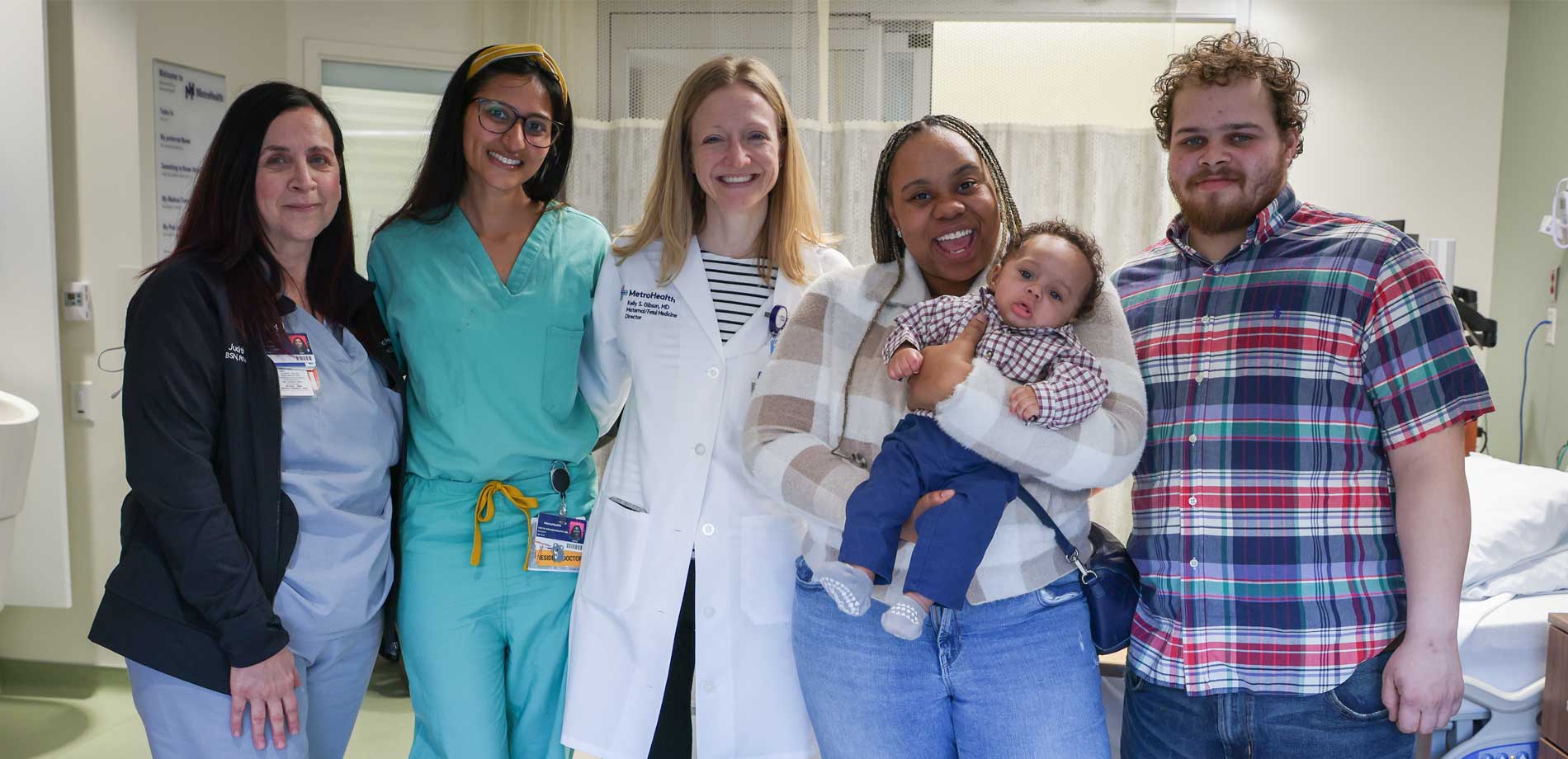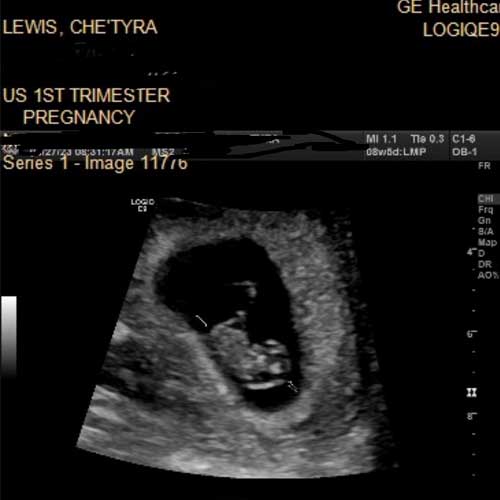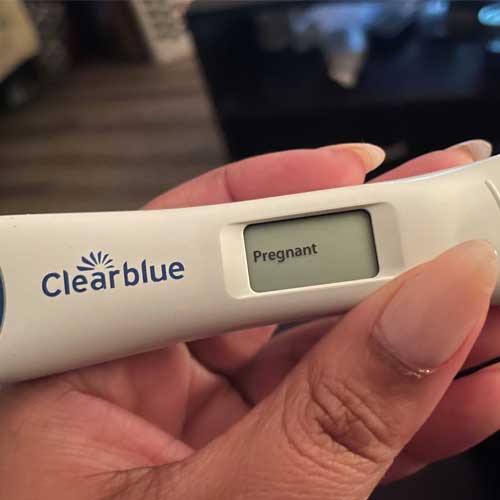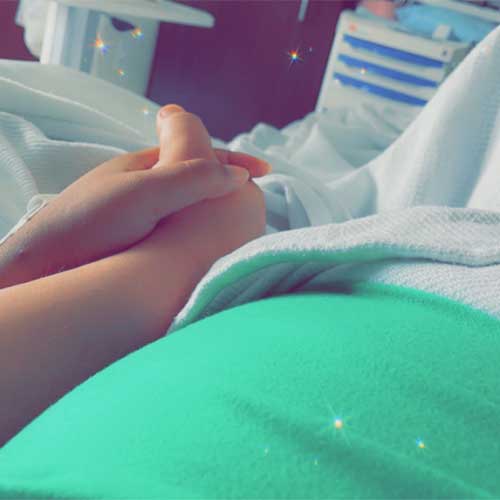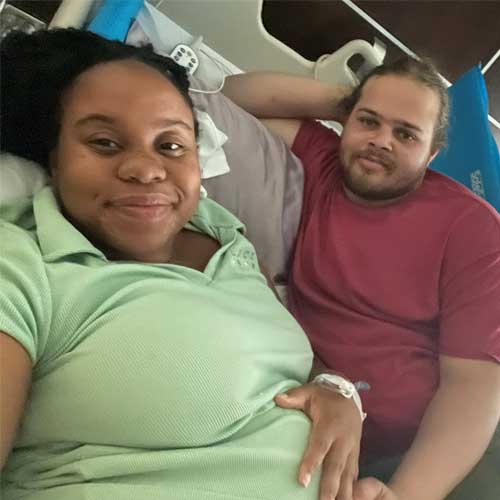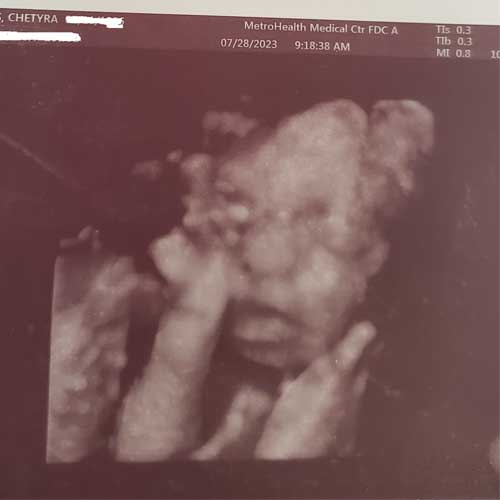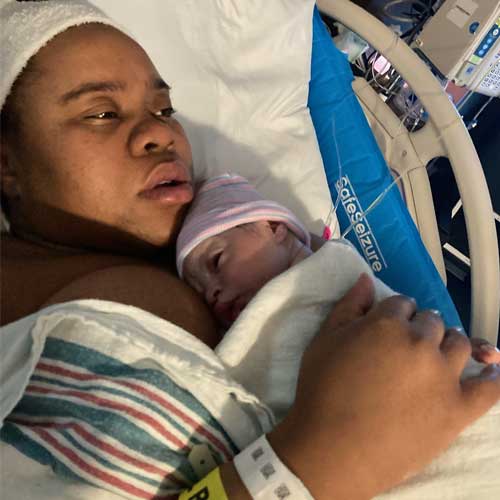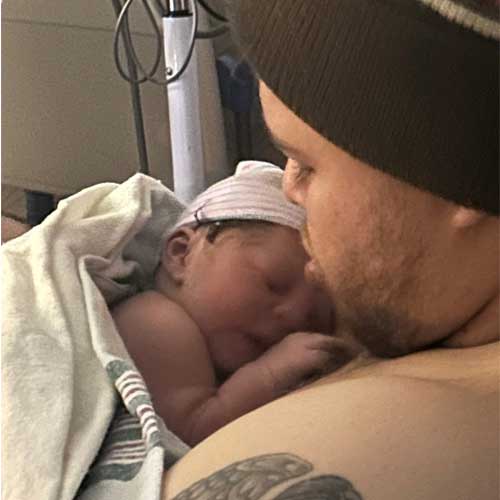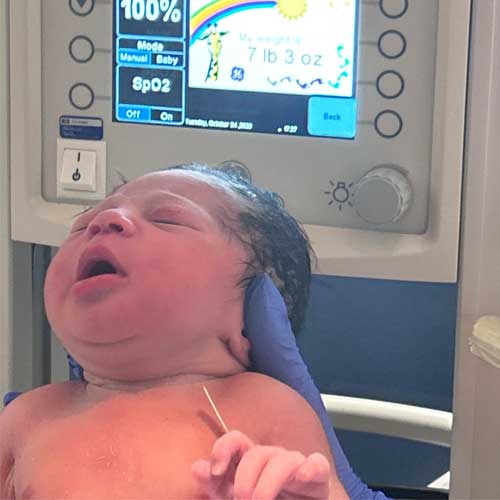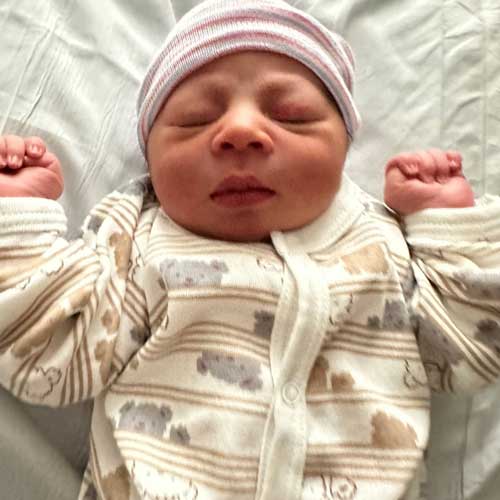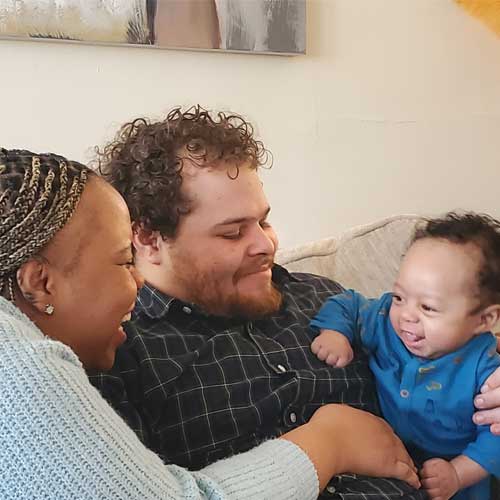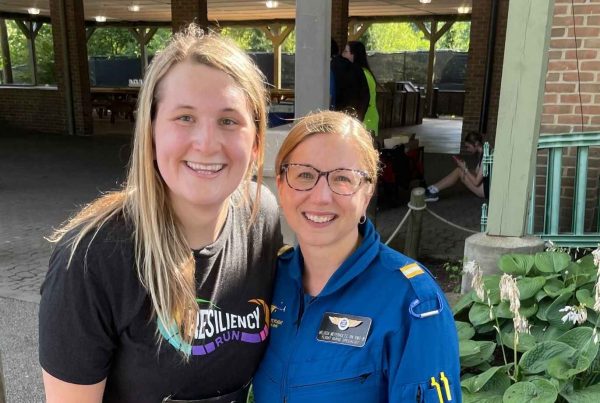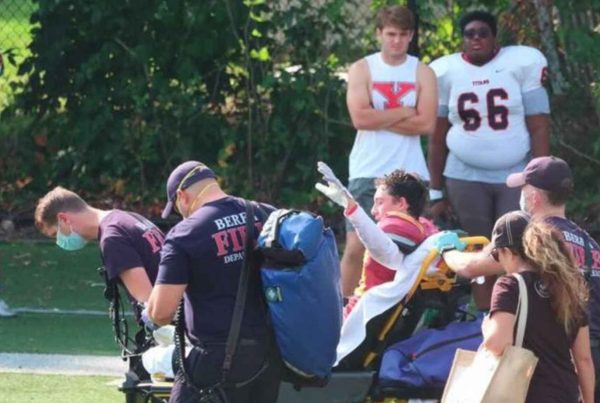An ultrasound at around 22 weeks revealed Che’tyra Lewis was having a boy. It also showed something else: Her cervix looked short, which increases the risk of pregnancy loss, preterm labor and premature birth
“MetroHealth didn’t just take me on as a patient, they cared for me as a human being”
“We had just gotten used to being pregnant, and then – boom!” Ché said. “I felt really insecure, and I felt like I had no choice but to have faith. I literally had nothing else.”
“MetroHealth didn’t just take me on as a patient, they cared for me as a human being,” she said.
Maternal-Fetal Medicine Specialty Clinics
MetroHealth offers several specialized clinics and programs to address specific concerns during pregnancy.
To make an appointment regarding high-risk pregnancy issues, call the Maternal-Fetal Medicine department at 216-778-4444.
Do you want to help patients like Ché? The MetroHealth Foundation is making a difference every day. Learn more or give at metrohealth.org/foundation.

